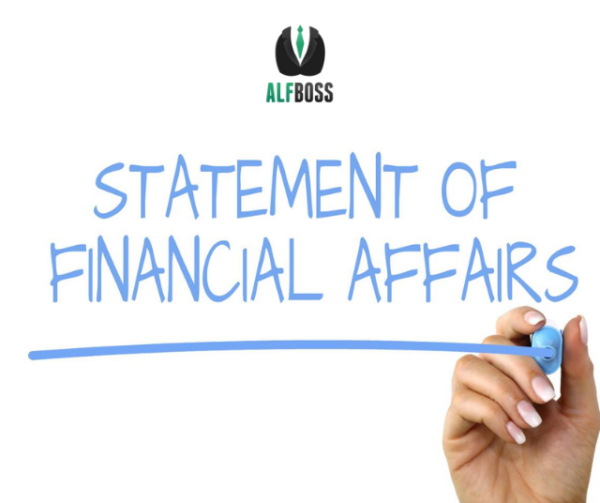
Due to the nature of money exchanging hands between your residents and you (your facility) it is
prudent of you to keep pristine records regarding your financial affairs. You must also make the choice
as to whether or not you will be willing to handle resident funds on behalf of them, which adds even
more pressure for your financial office to ensure you are fiscally responsible. Check out the regulation
below regarding resident finances provided by Maryland OHCQ:
.23 Admission Requirements.
If an assisted living program requires payment of funds before admission, the funds shall be fully refundable
unless the assisted living program discloses, in writing, what portion is not refundable.
.25 Resident Agreement — Financial Content.
A. The resident agreement shall include financial provisions, which include at a minimum:
(1) Obligations of the licensee and the resident, or the resident’s agent, as to:
(a) Handling the finances of the resident;
(b) The purchase or rental of essential or desired equipment and supplies;
(c) Arranging and contracting for services not covered by the resident agreement;
(d) Ascertaining the cost of and purchasing durable medical equipment; and
(e) Disposition of resident property upon discharge or death of the resident; and
(2) Rate structure and payment provisions covering:
(a) All rates to be charged to the resident, including but not limited to:
(i) Service packages;
(ii) Fee for service rates; and
(iii) Any other non-service-related charges;
(b) Notification of the rate structure applicable for other levels of care provided by the assisted living
program and the criteria to be used for imposing additional charges for the provision of additional services, if the
resident’s service and care needs change;
(c) Payment arrangements and fees, if known, for third-party services not covered by the resident agreement,
but arranged for by either the resident, resident’s agent, or the assisted living program;(d) Identification of the persons responsible for payment of all fees and charges and a clear indication of
whether the person’s responsibility is or is not limited to the extent of the resident’s funds;
(e) A provision that provides at least 45 days notice of any rate increase, except if necessitated by a change
in the resident’s medical condition;
(f) Fair and reasonable billing, payment, and credit policies;
(g) The procedures the assisted living program will follow in the event the resident or agent can no longer
pay for services provided for in the resident agreement or for services or care needed by the resident; and
(h) Terms governing the refund of any prepaid fees or charges, in the event of a resident’s discharge from the
assisted living program or termination of the resident agreement.
B. When the resident’s needs significantly change and the level of service provided needs to be increased or
decreased, the resident agreement shall be amended by the parties to reflect the changes in services being provided
and any applicable increase or decrease in charges.
Pro Tip:
Walkthrough the entire document, section by section with the client. You should take your time, read
everything to them and make sure they understand what they are agreeing to. If they have any
questions politely answer and do not make them seem like a hassle. Remember, this experience will set
the tone for their entire residency.